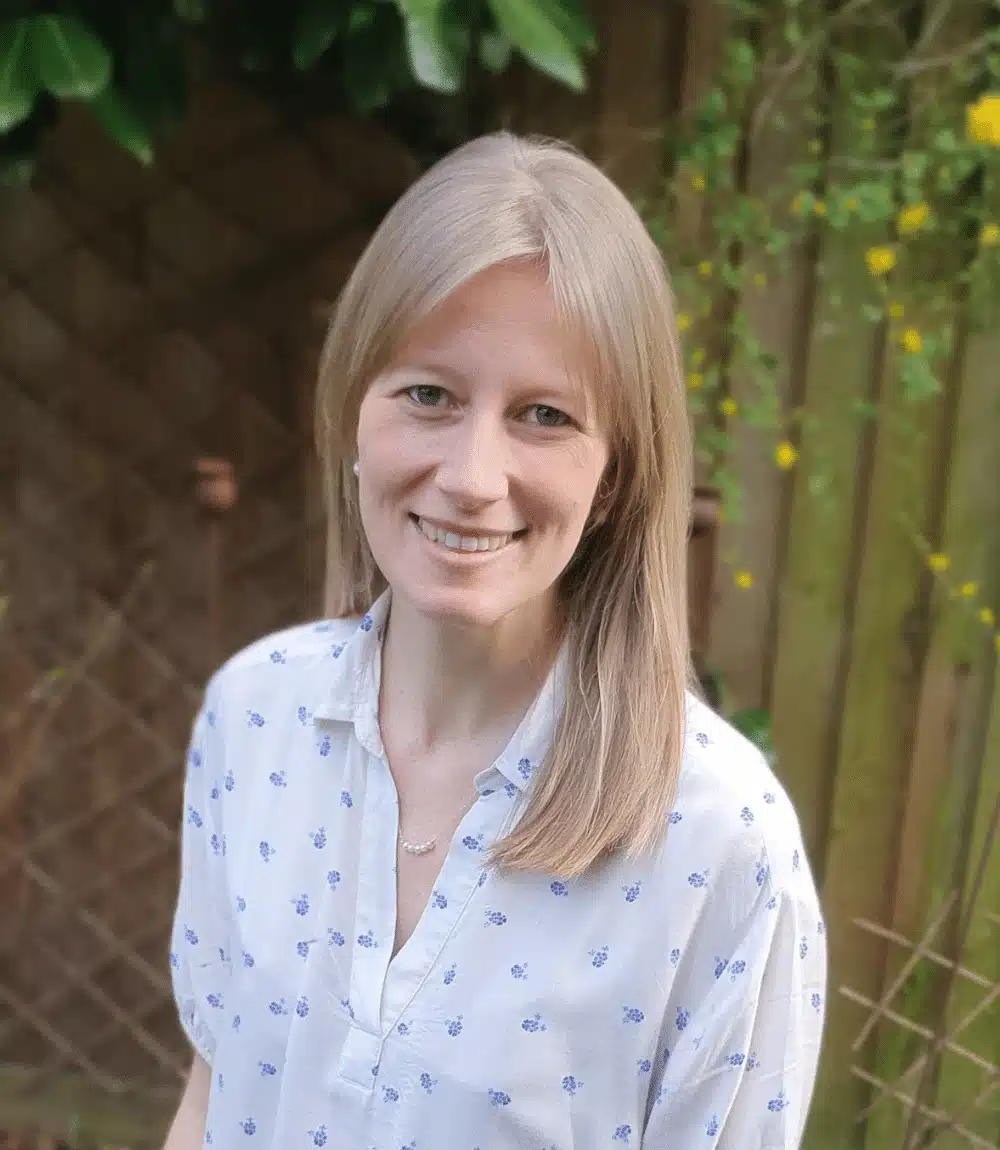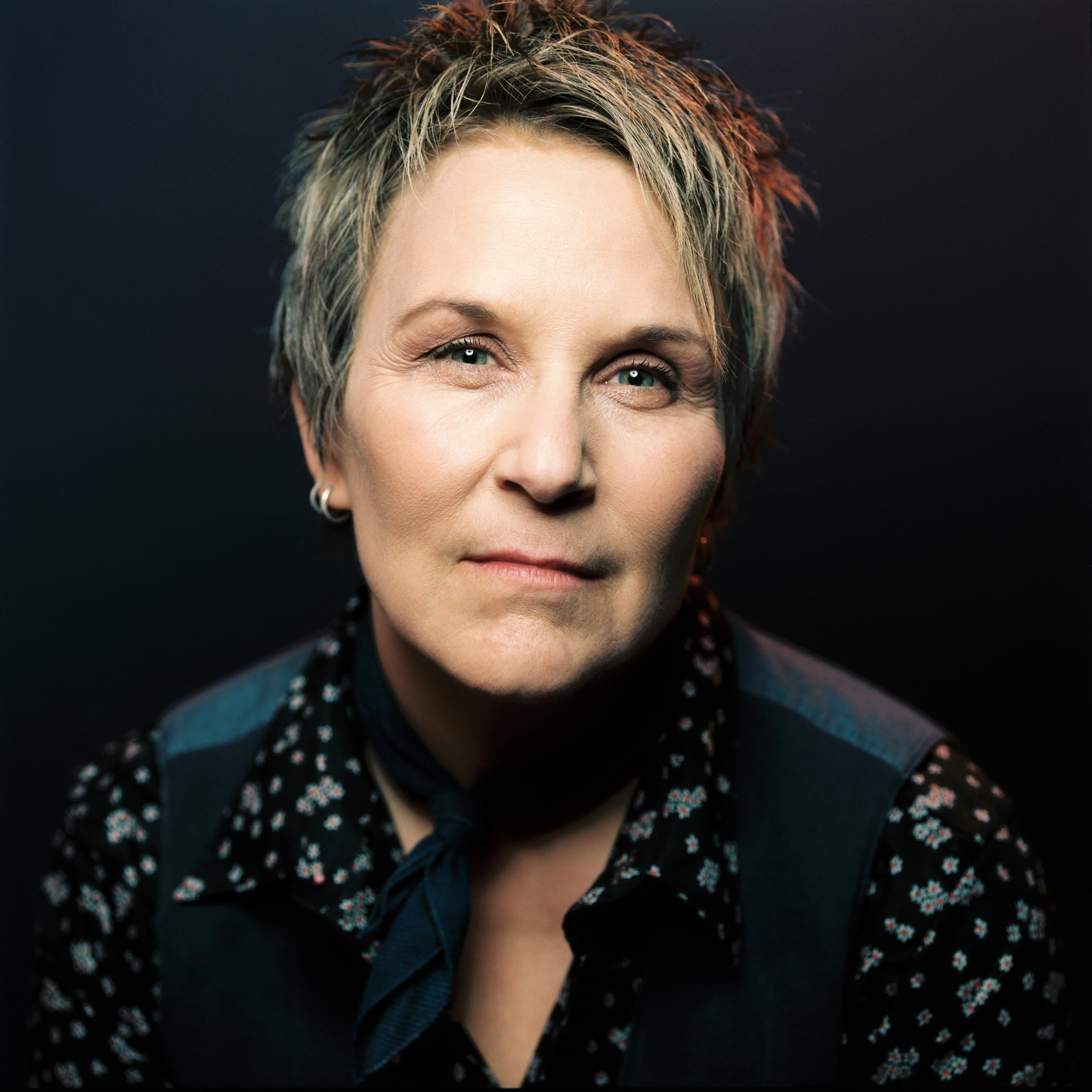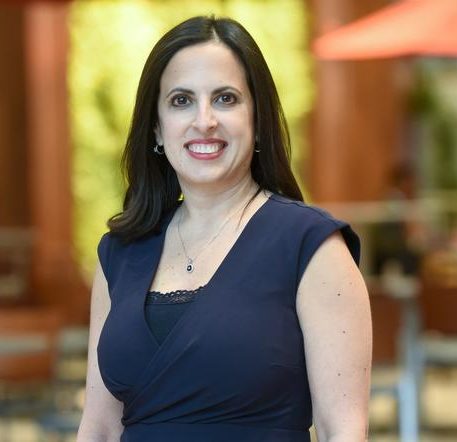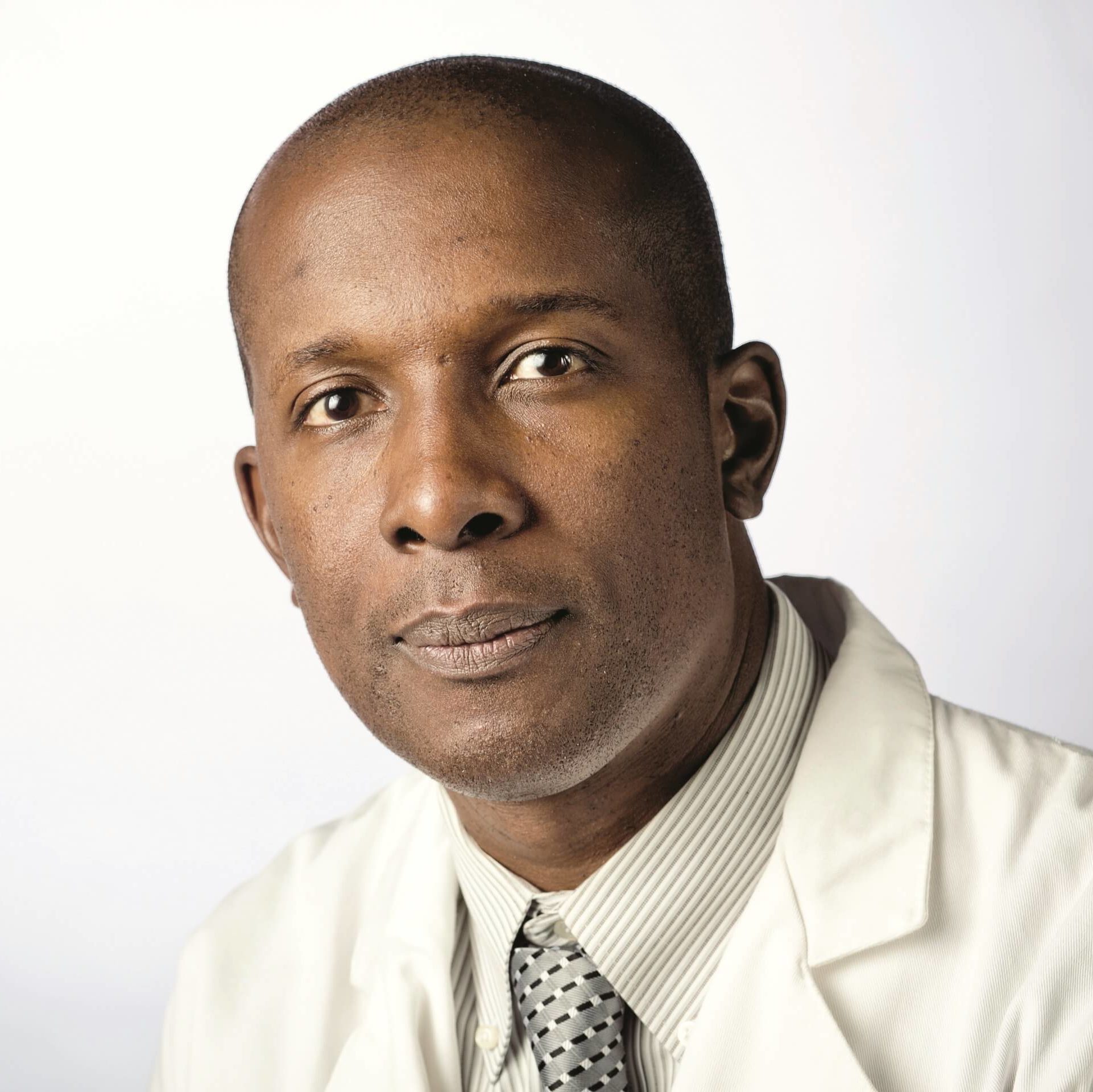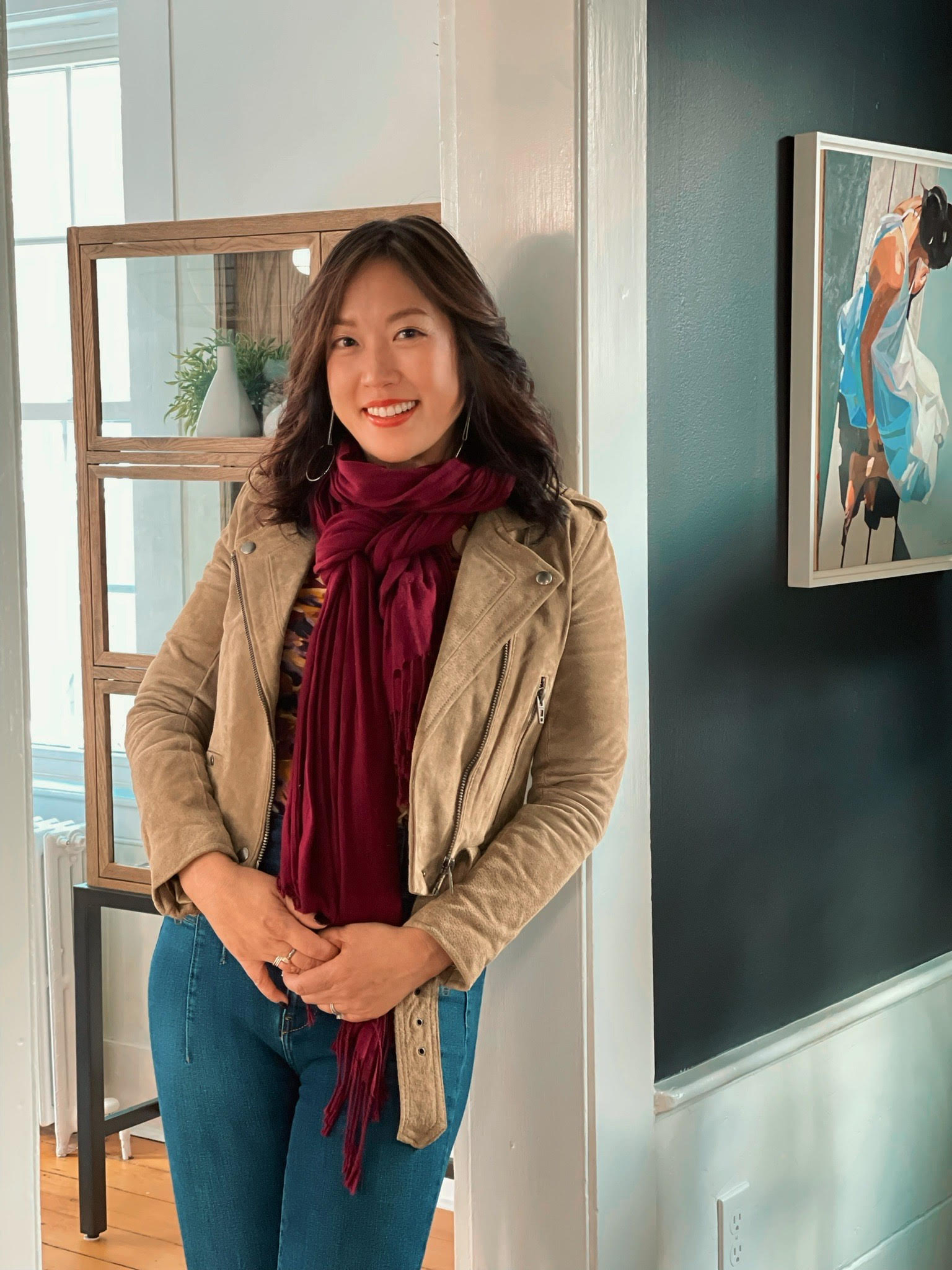Daisy Fancourt
Daisy Fancourt is Professor of Psychobiology & Epidemiology at University College London and Head of the Social Biobehavioural Research Group. Her research focuses on the effects of social behaviors on health, including loneliness, social isolation, social & community assets, arts and cultural engagement, and social prescribing. Daisy has received over £30m in research funding. And her work has been recognized with over two dozen national and international research awards, including being named a World Economic Forum Global Shaper. Daisy has published 300 peer-reviewed papers and given over 40 keynotes around the world. She is listed by Clarivate as one of the most highly cited scientists in the world.
In the field of arts and health, she authored the World Health Organisation’s global evidence review on arts in health, published in 2019, which synthesized the findings from over 3,500 published studies on arts and health and made policy recommendations to 53 countries. The report is the most read WHO evidence report ever published and was named Global Aesthetic Achievement of the Year 2019. Daisy is Director of the World Health Organization Collaborating Center on Arts and Health, as well as a member of the WHO Technical Advisory Group on Cultural Insights and an Expert Scientific Advisory to UK Government on arts, culture and heritage. She chairs the Scientific Committee of the WHO Jameel Arts Health Lab based at NYU—a $7 million global programme focused on scaling up arts and health work internationally.
Daisy Fancourt is also an expert in broader social factors and health. During the COVID-19 pandemic, Daisy led the multi-award winning Covid Social Study – the UK’s largest study into the psychological and social impact of the virus – and directed the COVID-Minds Network: an international network of over 170 longitudinal studies exploring the global mental health impact of the pandemic. She was a member of the Lancet COVID-19 Commission and the World Health Organisation Expert Group on mental health in COVID-19.
Daisy received the prestigious British Science Association Award for Arts & Sciences and the BBC named her a New Generation Thinker. Her research has been covered in over 2,000 newspaper articles globally and she has contributed to over 100 radio and TV programmes. She has presented her own BBC Radio 3 programmes and podcasts and BBC Ideas programmes on arts and health, including a short film on arts on prescription that went viral in 2018, receiving over 1 million views. She also writes for popular outlets including the Conversation, BMJ Opinion, and the Guardian.
| Book Cover | Details |
|---|---|
|
Hardcover
|
A ground-breaking exposé showing how the arts - alongside diet, sleep, exercise and nature - is the forgotten fifth pillar of health.
From cradle to grave, engaging in the arts has remarkable effects on our health and wellbeing. Songs support the architectural development of children’s brains. Creative hobbies help our brains to stay resilien...Read More
|
The arts: the forgotten fifth pillar of our health
A whistle-stop tour of how the arts affect our mind, brain, body and behavior from cutting-edge scientific studies and a consideration of how we could be using the arts more within our own health and within society.
Arts for flourishing
An in-depth look at how the arts affect our mental health, exploring the neurotransmitters, proteins and cognitive pathways affected by music, visual arts, dance, theatre and literature and the impact engagement has in preventing and treating mental illness.
The social value of the arts
An exploration on what value the arts bring to our societies and how we can quantify this benefit economically to make the case for investment.
Harnessing creativity within healthcare
An overview of some of the most ground-breaking arts programs being delivered within healthcare systems all around the world, from magic camps for children with cerebral palsy to dance programs for Parkinson’s patients to music programs in surgery and arts villages for people with dementia.
Social prescribing: the future of medicine
An overview of this ground-breaking new service that is now operating in 40 countries globally, referring patients to arts, nature, social and volunteering programmes to reduce demand on health systems.

“Consuming arts and culture is good for health and wellbeing, research finds”
“‘Arts should be available on prescription'”
“New Thinking: Mental Health Research”
“New Thinking: Children and Health”

